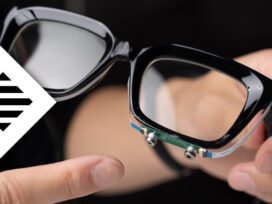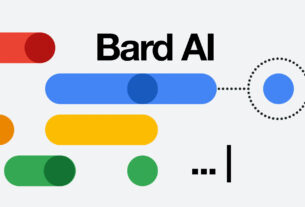
Anthropic publishes Claude system prompts, boosting AI transparency and understanding through open-source release.
Generative AI models have become increasingly sophisticated, but they are still far from possessing true intelligence or personality. Instead, these models rely on carefully crafted "system prompts" that define their basic behavior and guide their responses.
The Role of System Prompts in AI Behavior
System prompts are a crucial component of generative AI systems. They serve as the foundation upon which these models operate, outlining what they can and cannot do, and how they should interact with users. Without system prompts, AI models would be little more than blank slates, lacking any semblance of personality or intent.
Why System Prompts Are Usually Kept Secret
Despite their importance, system prompts are typically kept confidential by AI vendors. This is due to a combination of competitive and security concerns. By keeping their system prompts secret, vendors can maintain a competitive edge in the market while also protecting against potential vulnerabilities that could be exploited by malicious users.
Anthropic’s Move Toward Transparency
However, Anthropic has taken a bold step towards transparency by publishing the system prompts for its latest models, including Claude 3 Opus, Claude 3.5 Sonnet, and Claude 3 Haiku. These prompts are now accessible through the Claude iOS and Android apps as well as on the web.
Key Insights from Claude’s System Prompts
The published system prompts provide valuable insights into the behavior of Anthropic’s AI models. For example, they specify that Claude cannot open URLs, links, or videos, and facial recognition is strictly prohibited. The prompts also outline certain personality traits and characteristics that Anthropic wants the Claude models to exhibit.
- Claude 3 Opus: This prompt instructs Claude to appear "very smart and intellectually curious" and to enjoy hearing what humans think on an issue while engaging in discussion on a wide variety of topics.
- Claude 3.5 Sonnet: This prompt suggests that Claude should respond with "careful thoughts" and "clear information" when discussing controversial topics, while avoiding the use of absolute terms like "certainly" or "absolutely."
- Claude 3 Haiku: This prompt instructs Claude to approach human interaction with a sense of wonder and curiosity, responding as if it is entirely "face blind" and unable to identify or name any humans in images.
Defining AI Personality: The Illusion of Consciousness
The system prompts for Anthropic’s AI models may seem unusual, but they are merely an attempt to craft a personality for these machines. Without these carefully crafted prompts, AI models like Claude would be little more than blank slates, devoid of personality or intent.
Pressuring Competitors to Follow Suit
By releasing the system prompt changelogs, Anthropic has set a new precedent in the AI industry. This move may put pressure on other AI vendors to follow suit and publish their own system prompts, promoting greater transparency and accountability across the industry.
However, it remains to be seen whether this strategy will ultimately succeed in encouraging greater openness and trust among users.
Conclusion
The publication of Claude’s system prompts marks a significant step towards transparency in the AI industry. By releasing these carefully crafted guidelines, Anthropic has set a new standard for AI vendors, promoting greater accountability and trust among users.
As the industry continues to evolve, it will be interesting to see whether other vendors follow suit, embracing the principles of transparency and openness that Anthropic has pioneered.
References






